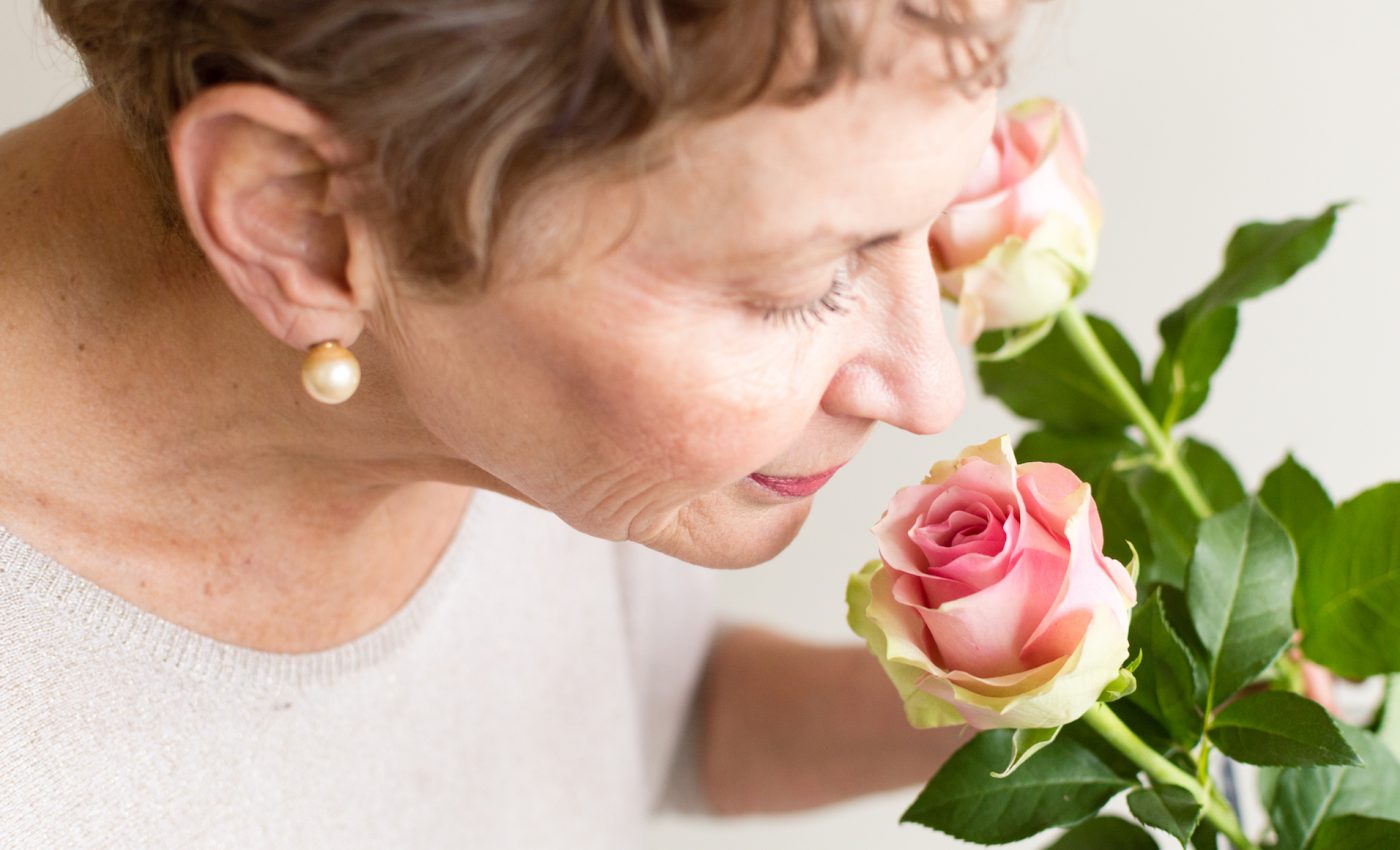
Poor sense of smell linked to higher risk of early death in older adults
The next time you go in for your annual checkup, you might consider having your sense of smell checked too, as a new study has found surprising links between poor sense of smell and a higher risk of early death.
Although the reasons behind this correlation between sense of smell and increased risk of death remain unknown, researchers from Michigan State University conducted the first study of its kind to examine how the two are connected.
The study was published in the journal Annals of Internal Medicine, and the results show that older adults who have a poor sense of smell have a nearly 50 percent increased risk of dying within ten years.
“Poor sense of smell becomes more common as people age, and there’s a link to a higher risk for death,” said Honglei Chen, an epidemiologist and member of the research team. “Our study is the first to look at the potential reasons why it predicts a higher mortality.”
The researchers reviewed and analyzed data from nearly 2,300 participants aged 71 to 82 who were part of the National Institute on Aging’s Health ABC study. Participants were followed for 13 years and the assessment included a smell test of 12 odors.
A poor sense of smell correlated with a 46 percent higher risk of death after 10 years and a 30 percent risk at 13 years.
The researchers accounted for several factors including sex, race, and lifestyle factors but the links stayed consistent.
Surprisingly, participants who were in good health at the start of the ABC study were at a higher risk which indicates that sense of smell should be taken seriously as a predictor of potential health problems.
A reduced sense of smell is an early sign of dementia and Parkinson’s, but these factors were not enough to explain the increased risk of death linked to smell and more research is needed to solve this connection.
“We don’t have a reason for more than 70% of the increased risk. We need to find out what happened to these individuals,” said Chen. “It tells us that in older adults, impaired sense of smell has broader implications of health beyond what we have already known. Incorporating a sense of smell screening in routine doctor visits might be a good idea at some point.”
—
By Kay Vandette, Earth.com Staff Writer













